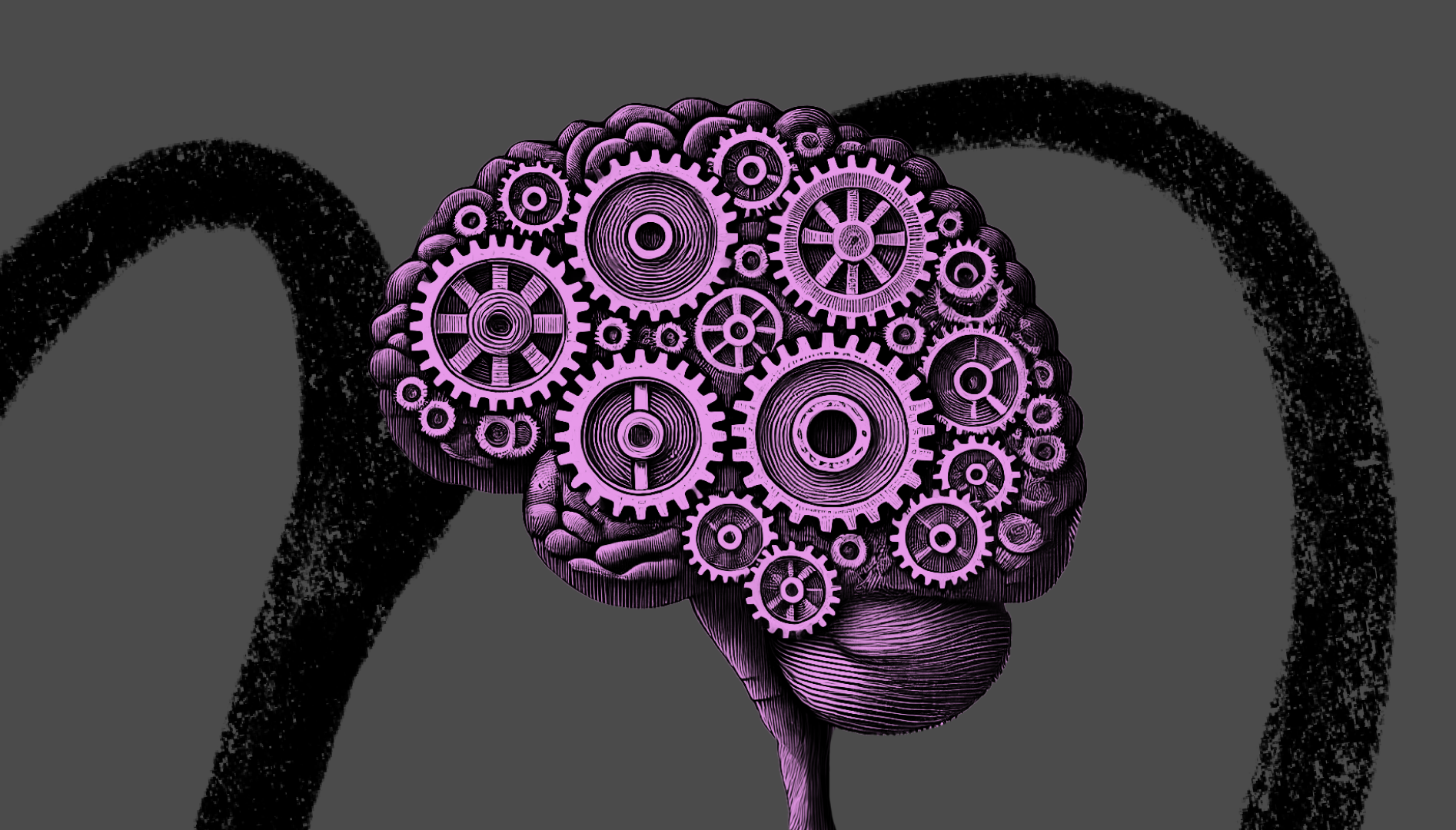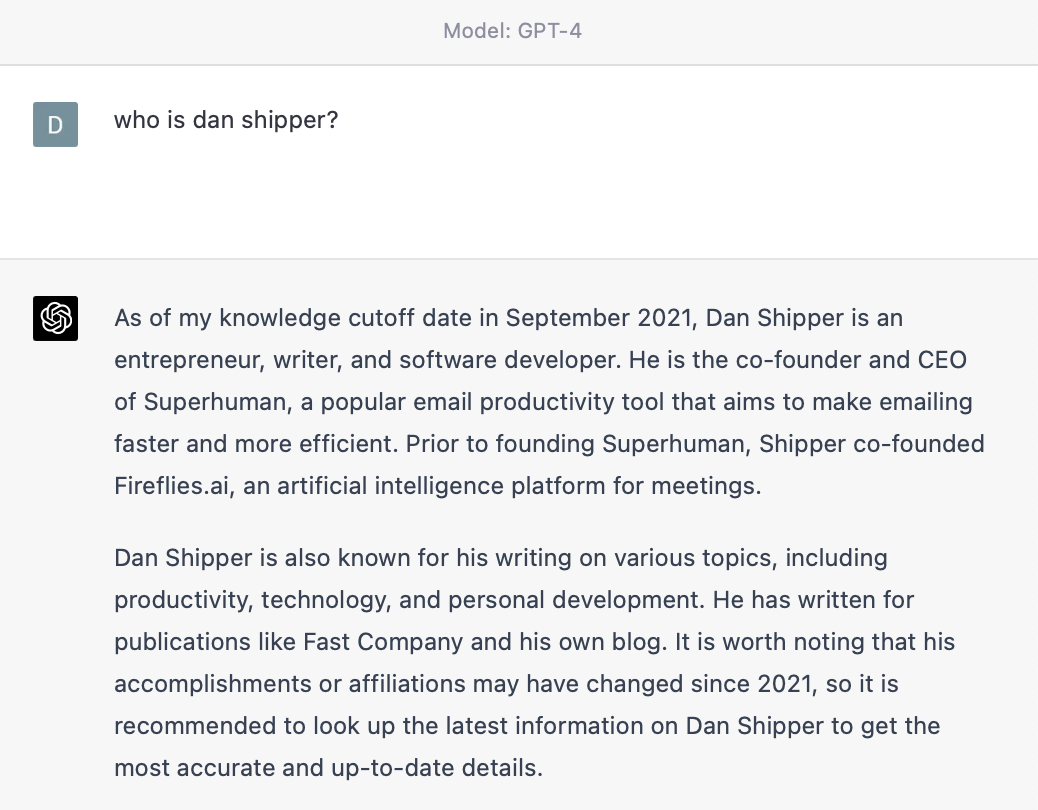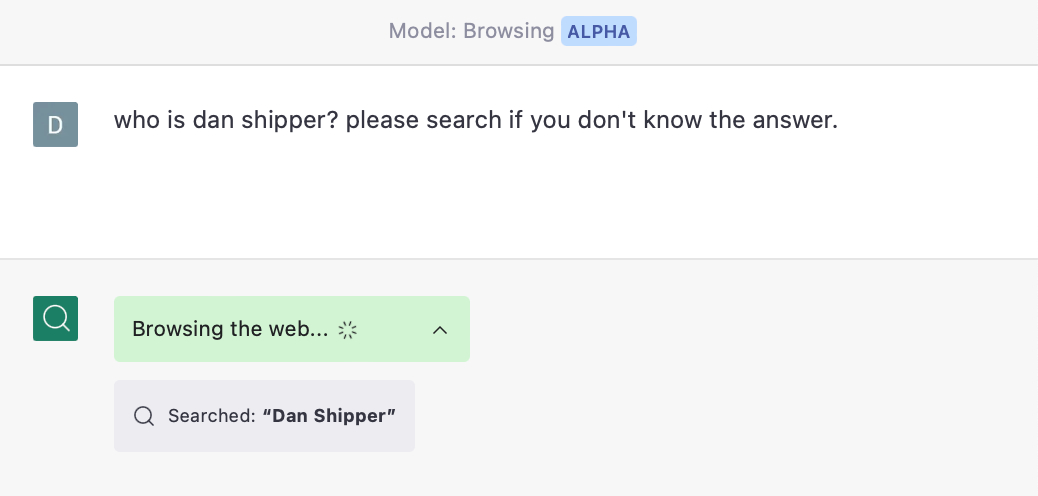
Sponsored By: Mindsera
This article is brought to you by Mindsera, an AI-powered journal that gives you personalized mentorship and feedback for improving your mindset, cognitive skills, mental health, and fitness.
In 1894, a Boston-based astronomer named Percivel Lowell found intelligent life on Mars.
Looking through a telescope from his private observatory he observed dark straight lines running across the Martian surface. He believed these lines to be evidence of canals built by an advanced but struggling alien civilization trying to tap water from the polar ice caps.
He spent years making intricate drawings of these lines, and his findings captured public imagination at the time. But you’ve never heard of him because he turned out to be dead wrong.
In the 1960s, NASA's Mariner missions captured high-resolution images of Mars, revealing that these "canals" were nothing more than an optical illusion caused by the distribution of craters on the planet's surface. With the low resolution available to his telescope at the time, these craters looked to Lowell like straight lines which, through a chain of reasoning, he theorized to be canals built by intelligent life.
Lowell’s story shows that there are at least two important components to thinking: reasoning and knowledge. Knowledge without reasoning is inert—you can’t do anything with it. But reasoning without knowledge can turn into compelling, confident fabrication.
Interestingly, this dichotomy isn’t limited to human cognition. It’s also a key thing that people fundamentally miss about AI:
Even though our AI models were trained by reading the whole internet, that training mostly enhances their reasoning abilities not how much they know. And so, the performance of today’s AI models is constrained by their lack of knowledge.
I saw Sam Altman speak at a small Sequoia event in SF last week, and he emphasized this exact point: GPT models are actually reasoning engines not knowledge databases.
This is crucial to understand because it predicts that advances in the usefulness of AI will come from advances in its ability to access the right knowledge at the right time—not just from advances in its reasoning powers.
Knowledge and reasoning in GPT models
Here’s an example to illustrate this point. GPT-4 is the most advanced model on the market today. Its reasoning capabilities are so good that it can get a 5 on the AP Bio exam. But if I ask it who I am it says the following:
That’s close to being right except for one big problem…I’m the co-founder of a few companies, but neither of them are Superhuman or Reify.
AI critics will be quick to say that this proves GPT-4 is nothing more than a stochastic parrot, and that its results should be dismissed offhand. But they’re wrong. Its performance improves dramatically the second it has access to the right information.
For example, I have access to a version of ChatGPT that can use web searches to ground its answers with what it finds on the internet.
In other words, instead of using its reasoning capabilities to come up with a theoretically plausible answer, it does web research to create a knowledge base for itself. It then analyzes the collected information and distills a more accurate answer:
The Only Subscription
You Need to
Stay at the
Edge of AI
The essential toolkit for those shaping the future
"This might be the best value you
can get from an AI subscription."
- Jay S.
Join 100,000+ leaders, builders, and innovators

Email address
Already have an account? Sign in
What is included in a subscription?
Daily insights from AI pioneers + early access to powerful AI tools












Comments
Don't have an account? Sign up!
So like ChatGPT - you lie.
Percivel Lowell... of course we know him - he started to look for Pluto and then paid Tombaugh working at the Lowell Observatory to continue the search... but still could not be the first American to find a planet in the Solar System... just blame Tyson. : )))))